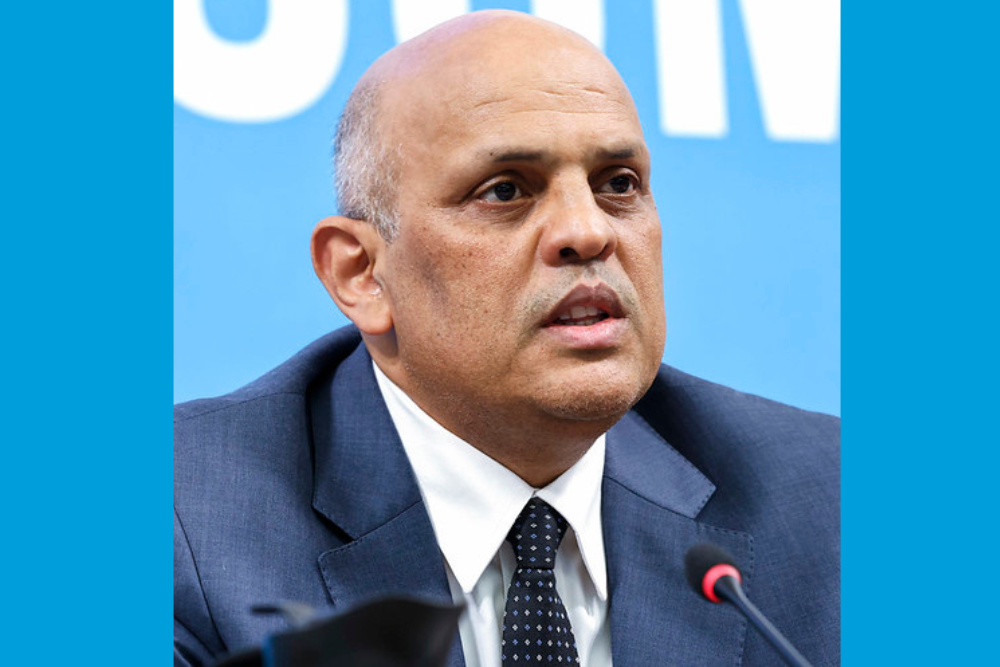
Value Chains for Resilient Food Systems
Tuesday, 25th July, 15:30-16:30
Food supply chains and the livelihoods of agrifood systems’ actors face increasing disruption from a range of shocks, such as droughts, floods, armed conflict and climate change. These shocks, along with long-term stresses like environmental degradation introduce risks and uncertainty throughout the agrifood systems. Building resilient agrifood systems is now imperative to respond to various shocks and unforeseen crises. The session aims to increase the global community's awareness of the importance of prioritizing value chain development approaches as well as recognizing the importance of nutritious, diverse and indigenous crops and the need for adaptation measures to enhance their resilience and protect them from future shock.
Food value chains make significant contributions to global trade and employment, accounting for 40% of the global workforce in the primary industries (agriculture, forestry, and fishing). Building resilient agrifood systems is now imperative to predict, anticipate, prepare for and effectively respond to various shocks and unforeseen crises. This requires leveraging science and innovation across value chains to enhance the resilience of our agrifood systems.
The session will focus on the following questions:
- How can we make value chains more resilient and ensure access to healthy diets and contribute to the sustainability of agrifood systems?
- What are the resilience-oriented mechanisms for countries to reduce risks and manage shocks to agrifood systems?
- What are the successful initiatives that could be used to promote resilient crops (nutritious and diverse local crops) that are resistant to shocks (climate) and critical for hunger eradication?
- What is the role of investment and private-public financing to build resilient value chain?
Of the 117 countries that developed national pathways after the 2021 UN Food Systems Summit, 76% include a focus on resilient food value chains. Food value chains make significant contributions to global trade and employment, accounting for 40% of the global workforce in the primary industries. Food value chains have enormous potential to drive progress towards national economic and social development goals. Food supply chains face increasing disruption. These shocks as well as environmental degradation introduce risks hence building resilient agrifood systems is now imperative to respond to various shocks and unforeseen crises.

Mr. Máximo Torero Cullen
Chief Economist at FAO

Mr. David Laborde
Director of Agrifood Economics Division, FAO

H.E. Mr. Mohammed Abdur Razzaque
Minister for Agriculture, Bangladesh

H.E. Mr. Bryan Acheampong
Minister for Food and Agriculture, The Republic of Ghana

Ms. Fernanda Machiaveli Morão de Oliveira
Vice-Minister of Rural Development and Family Farming, the Federative Republic of Brazil

H.E. Mr. Redouane Arrach
Minister for Agriculture, Maritime Fisheries, Rural Development and Water and Forests, the Kingdom of Morocco

Cary Fowler
Special Envoy for Global Food Security, United States of America

Mr. Jean Balié
Director-General, International Rice Research Institute

Mr. Gerrit-Jan van Uffelen
Senior Advisor Food Systems and Resilience in Protracted Crisis, Wageningen University

Mr. Roy Steiner
Senior Vice-President, Rockefeller Foundation - Food initiative

Mr. David Kaatrud
Director Programme, WFP
